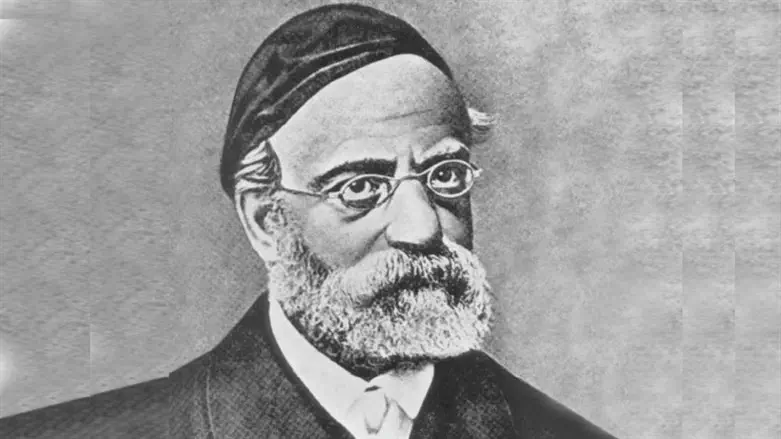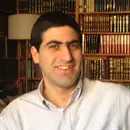
Should a person strive to be a nazir? At least one tanna in the Gemara deems nezirim sinners for denying themselves the pleasure of drinking wine (Taanit 11a). The Ramban, however, believes a nazir is “separated in sanctity” and should ideally always remain so.
In his commentary on this week’s parasha, Rav Samson Raphael Hirch straddles these two opinions. He writes that a nazir’s goal is laudable. He aims to “withdraw from the general mass of society and, in such retirement, and in refraining from the more joyful enjoyments of life, to strive to get nearer to his G-d…working on his inner self to try to get more spiritual and moral ennoblement of himself.”
Ultimately, though, a Jew’s mission is to live a G-dly life within society, according to Rav Hirsch. Thus, a nazir should seek only “a temporary withdrawal from the social life of the community” after which he should “give himself up, with fuller and stronger force, purified and elevated, to carry out the tasks of life indicated by G-d.”
Many people consider abstinence (perishut) a state of holiness (kedushah), but Rav Hirsch points out that in Rav Pinchas ben Yair’s famous ladder of spiritual progression (which forms the basis of Rav Chaim Luzzatto’s Mesillat Yesharim) abstinence leads to holiness but isn’t holiness itself.
(“Rav Pinchas ben Yair said: Torah leads to caution, caution leads to zeal, zeal leads to cleanliness, cleanliness leads to abstinence, abstinence leads to purity, purity leads to piety, piety leads to humility, humility leads to fear of sin, fear of sin leads to holiness, holiness leads to the holy spirit, and the holy spirit leads to the revival of the dead” [Avodah Zarah 20a].)
So nezirut is indeed a virtuous state but only as “exceptional educational condition.” Once this education is complete, a nazir is obligated to once again enter “into the whole social life of the community.” That’s why when a nazir finishes his term, he must shave his hair - which (like fur) separates/protects a person from the world - and place it in the fire cooking his shelamim offering (Numbers 6:18), which represents the joy that comes from living a robust, G-dly life within society.
For a “happy life enjoyed in the shelamim sense” is greater than “a life merely lived in guarding the power of one’s senses by renunciation and abstinence.” Indeed, “the latter only [has] value if it leads to the former.”
Rav Samson Raphael Hirsch (1808-1888) - head of the Jewish community in Frankfurt, Germany for over 35 years - was a prolific writer whose ideas, passion, and brilliance helped save German Jewry from the onslaught of modernity.
Elliot Resnick, PhD,is the host of “The Elliot Resnick Show” and the editor of “The Rav Samson Raphael Hirsch Dictionary.”
